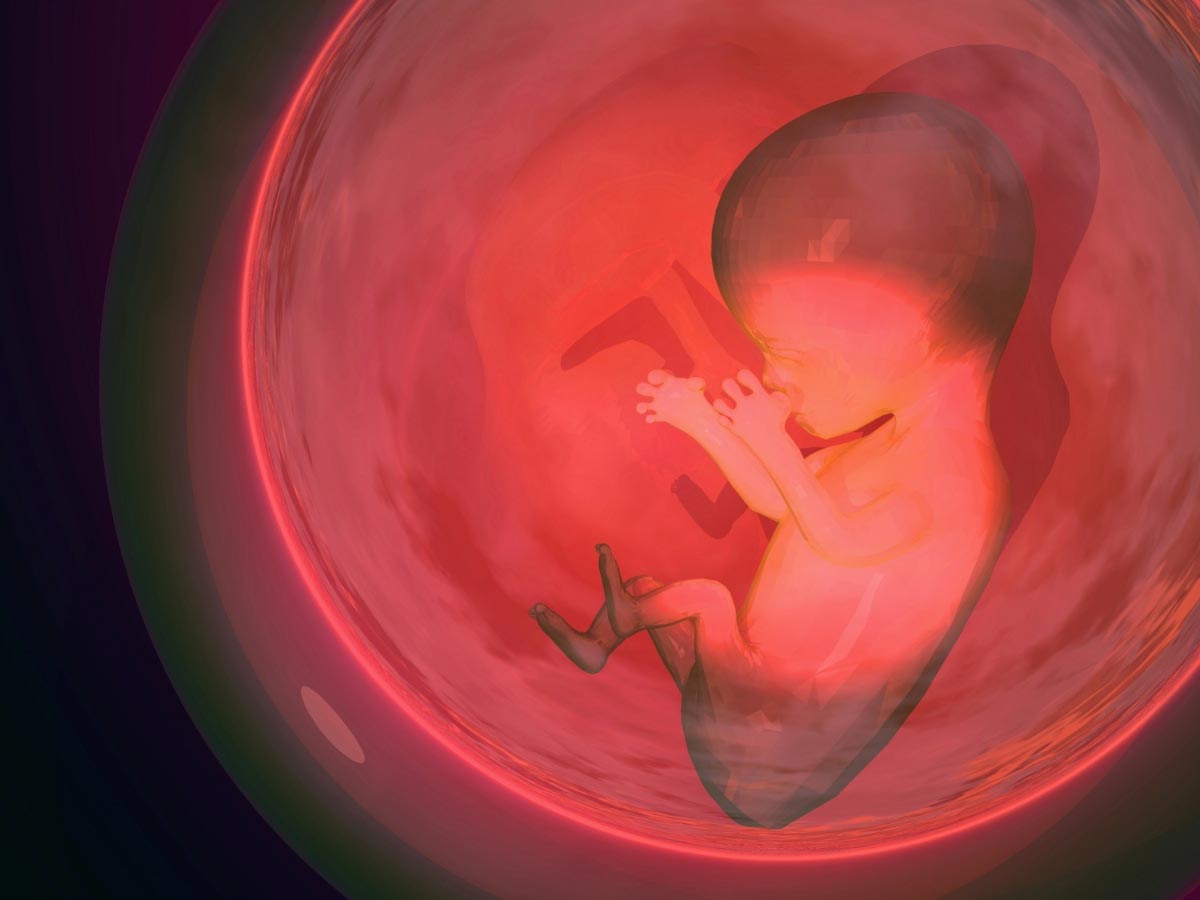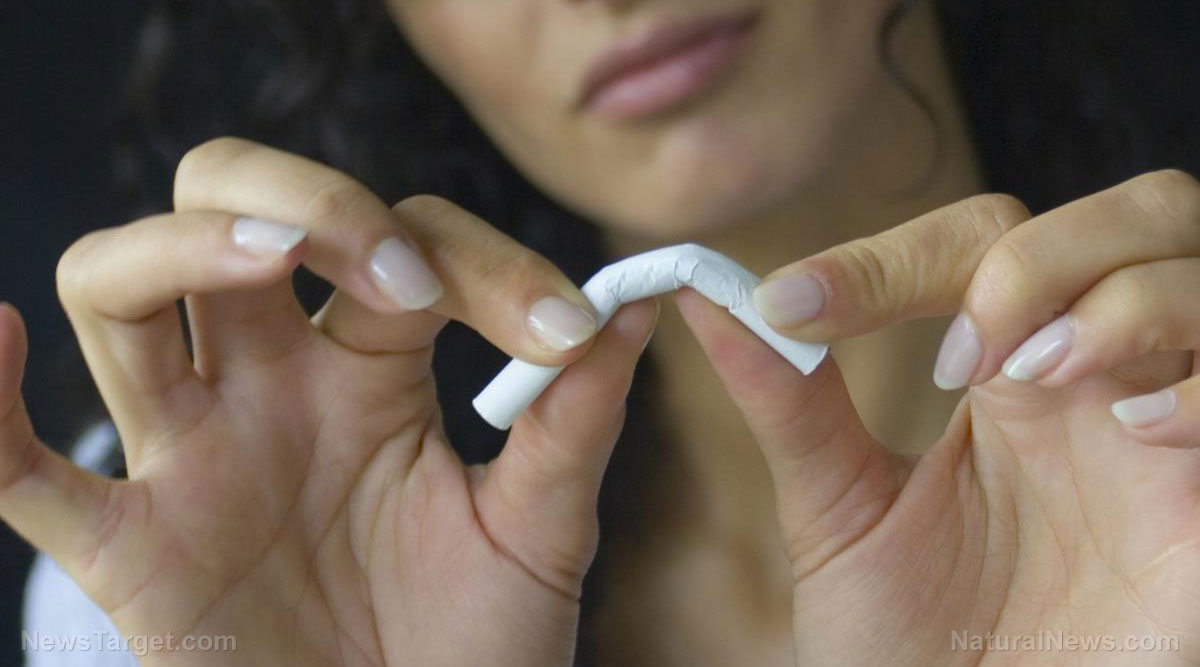An unhealthy weight can affect your body’s ability to use vitamin D
07/04/2019 / By Isabelle Z.

People who are overweight have a lot to worry about, from the way their clothes fit to their higher risk of health problems. Now researchers have added yet another motivation to shed some pounds as they’ve discovered that the effects of obesity on the liver can hurt overweight people’s ability to use vitamin D.
Research has consistently linked lower levels of vitamin D to obesity. In one study, researchers showed that a person notes a 4.2 percent drop in their vitamin D blood levels for every 10 percent increase in body mass index, a measure of body fat calculated using a person’s height and weight.
The common explanation for this is that the vitamin D that your skin produces, along with any you ingest, is distributed throughout your body’s fat tissue. Therefore, with everything else being equal, obese people who take in as much vitamin D as those who are a healthy weight will have lower blood levels of the vitamin. However, researchers have now found a second mechanism that impacts the levels of vitamin D in people who are overweight.
In a study published in the Journal of Bone and Mineral Research, scientists discovered that obese mice have very low levels of a liver enzyme responsible for converting vitamin D into calcidiol, the main form of vitamin D in the blood.
Interestingly, this may even explain – at least partially – why being overweight raises people’s risk of a variety of diseases. After all, a vitamin D deficiency has been linked to a host of illnesses, including heart disease and diabetes, as well as a higher risk of death from cardiovascular disease, a greater risk of suffering cognitive impairment as you age, and a higher risk of cancer. Obesity is also a known risk factor for these diseases. On top of that, studies have found a link between being deficient in vitamin D and premature death.
Getting enough vitamin D if you’re overweight
While everyone needs to be vigilant about their vitamin D intake in order to remain healthy, it’s particularly important for people who are obese as their bodies have more trouble using it. They may need to spend more time outdoors than people of a healthy weight to ensure they get the sunlight they need to produce enough vitamin D.
That’s because the sun is considered the best way to get enough vitamin D. Your skin produces it upon exposure to the UV rays in sunlight, and unlike supplementation, it’s impossible to get too much of it that way. There’s no hard and fast rule about how much time is needed, but factors like skin type, the time of year, and your geographical location can all play a role, as can your body weight.
If obese people spend this time outdoors exercising, they can get even more benefits. Not only will they enjoy the higher vitamin D levels that tend to come with a lower BMI, but they will also be able to reduce their risk of illness and enhance their overall health. If you are overweight or obese, why not head outside in short sleeves and walk the dog or stroll around the neighborhood with a friend?
Although vitamin D is also found in foods like egg yolks and sardines, it’s very difficult to get enough of it through your diet. If you live in a part of the world where it’s hard to get enough sunlight or you must spend lots of time indoors, you might consider supplementation, especially during the winter months.
Sources for this article include:
Tagged Under: brain health, disease causes, fight obesity, fitness, heart health, immune system, immunity, liver health, metabolism, nutrients, nutrition, obese, obesity, overweight, slender, sunshine, supplements, vitamin D, vitamins
RECENT NEWS & ARTICLES
COPYRIGHT © 2017 CANCER CAUSES NEWS




















